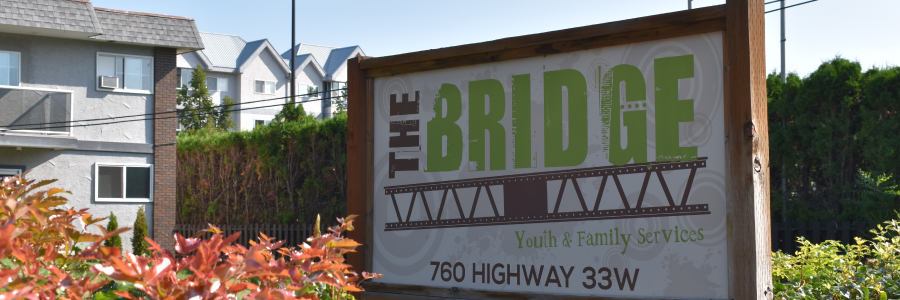Supported Recovery: The Next Step Toward Lasting Change
Mar 05, 2025

Program profile: Supported Recovery
Supported Recovery: The Next Step Toward Lasting Change
Recovery doesn’t end after Withdrawal Management (detox) or treatment—it’s an ongoing journey that requires continued support, structure, and guidance. For individuals who have completed a treatment program but are not yet fully equipped to live independently, Supported Recovery Kelowna and Supported Recovery Penticton might provide a critical next step. Often referred to as "second-stage recovery," these programs bridge the gap between intensive treatment and independent living, offering participants the stability and tools they need to maintain long-term sobriety.
Transforming Lives Through Support and Connection
Transitioning from treatment can be overwhelming. Supported Recovery provides a safe and structured living environment where individuals can continue their recovery journey while building essential life skills and strengthening their independence. Participants receive:
✔ Relapse prevention support – Learning strategies to manage triggers and prevent setbacks.
✔ Life skills training – Budgeting, time management, conflict resolution, and other essential skills for independent living.
✔ One-on-one support – Personalized service planning to help individuals set and achieve their recovery goals.
✔ Community connection – Opportunities for volunteering, peer mentorship, and social reintegration.
Unlike programs with a strict zero-tolerance approach, Supported Recovery recognizes that relapse is often part of the recovery process. Participants are provided with individualized support to understand setbacks, develop stronger coping strategies, and continue progressing.
A Recovery Journey: Change is Possible
One participant’s story is a testament to the power of second-stage recovery. After completing a detox and treatment program, they transitioned into Supported Recovery Kelowna but later experienced a relapse. Instead of being turned away, they were supported to access Withdrawal Management services and welcomed back into the program to continue their recovery work.
Through perseverance and the guidance of staff, this individual completed the program, re-enrolled in school, secured a job in their field, and moved into permanent housing with the help of a community partnership.
“This story is exactly why our program exists,” says Austin Corlett, a Supported Recovery Residence Worker at The Bridge. “When people are given the opportunity to learn from setbacks instead of being punished for them, they become resilient, self-aware, and capable of achieving incredible things.”
Why Supported Recovery Matters
The transition from structured treatment to independent living can be one of the most challenging phases of recovery.
Supported Recovery provides that missing link, ensuring individuals have the resources and confidence to succeed in long-term recovery. By offering:
🔹 Apartment-style living (Kelowna) and shared/roomate community living (Penticton) that simulates independent life while providing structured support
🔹 A non-judgmental space where individuals can learn from mistakes without fear of being cast out
🔹 A strong recovery community that fosters accountability, connection, and growth
Supported Recovery is changing lives, one step at a time.
Expanding Our Reach and Impact
With the increasing demand for second-stage recovery services, The Bridge is committed to strengthening and expanding Supported Recovery. Future priorities include:
📍 Increasing staff capacity – Ensuring that the program has the resources to support more participants.
🤝 Enhancing post-program support – Developing aftercare programs, alumni networks, and employment readiness services.
📢 Educating the community – Raising awareness about the importance of ongoing recovery support and reducing stigma.
By investing in second-stage recovery, we’re not just helping individuals—we’re strengthening families, reducing strain on emergency services, and creating a healthier, more supportive community.
How You Can Help
💙 Offer Corporate Discounts – Businesses can support recovery by providing discounts on essentials like groceries, transportation, fitness memberships, or professional services to help participants rebuild their lives.
💙 Create Volunteer Opportunities – Many participants are eager to give back, build skills, and gain experience. If your business or organization has volunteer roles, consider offering opportunities to SR participants as they transition into independent living.
💙 Spread Awareness – Share the importance of second-stage recovery and help reduce stigma by educating others about the challenges and successes of long-term recovery.
To learn more about Supported Recovery or get involved, visit The Bridge’s website.
Because true recovery doesn’t happen overnight—it happens one step at a time. 🌿💙

